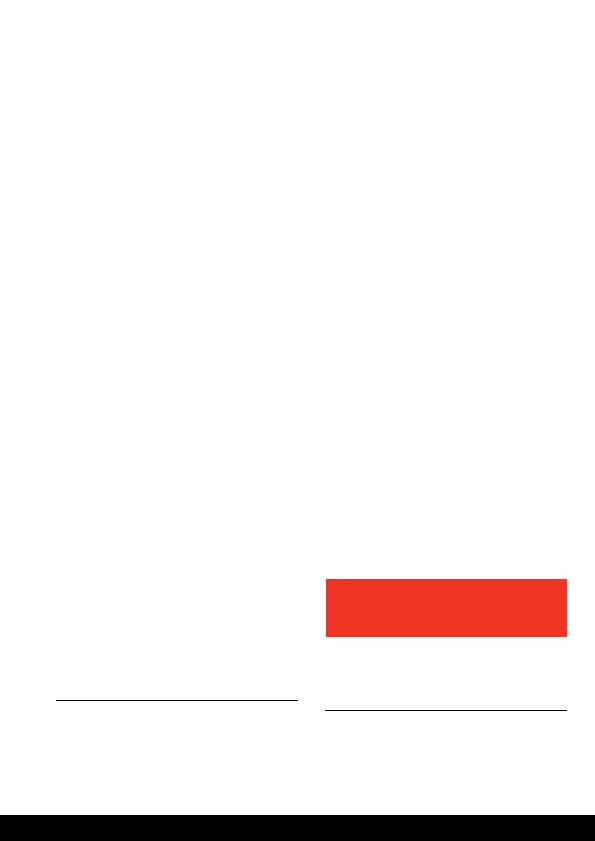
another example of services that were
available to Koori women in prison that
no longer exists due a lack of ongoing
funding from State initiatives, such as
the Community Investment Fund and
Community Investment Programs.
delivered in an ad hoc and sporadic way, despite
the clear benefits of a long-term, sustained
approach. Cultural programs have the potential
to address Koori women's needs in a holistic
framework. Many Koori women prisoners have
experienced trauma. Without access to culturally
appropriate services, the healing needs of these
women remain unmet.
on Legal and Constitutional Affairs References
Committee "[w]
made it difficult for prisoners to access programs
that are aimed at addressing the underlying
causes of offending behaviours. This is because
the programs are unavailable due to funding issues
or are oversubscribed."
prison, coupled with budget limitations, means
that demand for prison programs often exceeds
supply. This leads to diminished opportunities for
rehabilitation. It also leads to long delays through
waiting periods for services.
programs sometimes become available to women
towards the end of their sentences, in order to
meet eligibility requirements for parole.
trying to address the deep-seated mental health,
substance, trauma and other issues that are
driving their offending.
including in services where a timely response is
crucial, such as drug and alcohol counselling. Koori
women in prison told us that they wanted access
to drug and alcohol treatment programs, but they
were not available when they needed them.
Key informant interview, Aboriginal Family Violence
Prevention Legal Service, 13 December 2012. See
also, Aboriginal Family Violence Prevention and Legal
Service Victoria, A Force to be Reckoned With, above n
78, 34-5.
Parliament of Australia, `Report into Justice
Reinvestment', above n 34.16.
Focus group interview, 6 March 2013.
health and cognitive functioning:
among Koori prisoners; therefore,
culturally relevant interventions
programs for substance use disorders,
and co-occurring mental illnesses
and substance use disorders are
required.
prisoners, including those on remand have access
to an Opoid Substitution Therapy Program as
clinically indicated. They identified two streams of
programs in prison health and criminogenic.
remandees and prisoners have
access to harm reduction programs
which provide information on harm
minimisation, health education
and information related to the risks
associated with substance abuse in
prison upon entry and release. They
will also have access to release-
related harm reduction programs.
Criminogenic programs are available
to prisoners whose drug use is one of
the main contributing factors to their
offending. Remandees are not eligible
for criminogenic stream programs as
they have not been convicted of an
offence. The length of the program
may also be a factor in determining
eligibility for prisoners.
few Koori women have taken part in the drug
treatment program at DPFC in recent years. This is
despite 90 per cent of Koori women in that prison
participating in a survey being classified as having
a substance misuse.
because they say I've got the wrong
attitude.
State of Victoria, Department of Justice, Justice Health,
`Koori Prisoner Mental Health', above n 7.
Information provided to the Commission by Justice
Health, 24 July 2013.
James Ogloff et al, `Koori Prisoner Mental Health',
above n 134, 13.
Focus group interview, 16 April 2013.